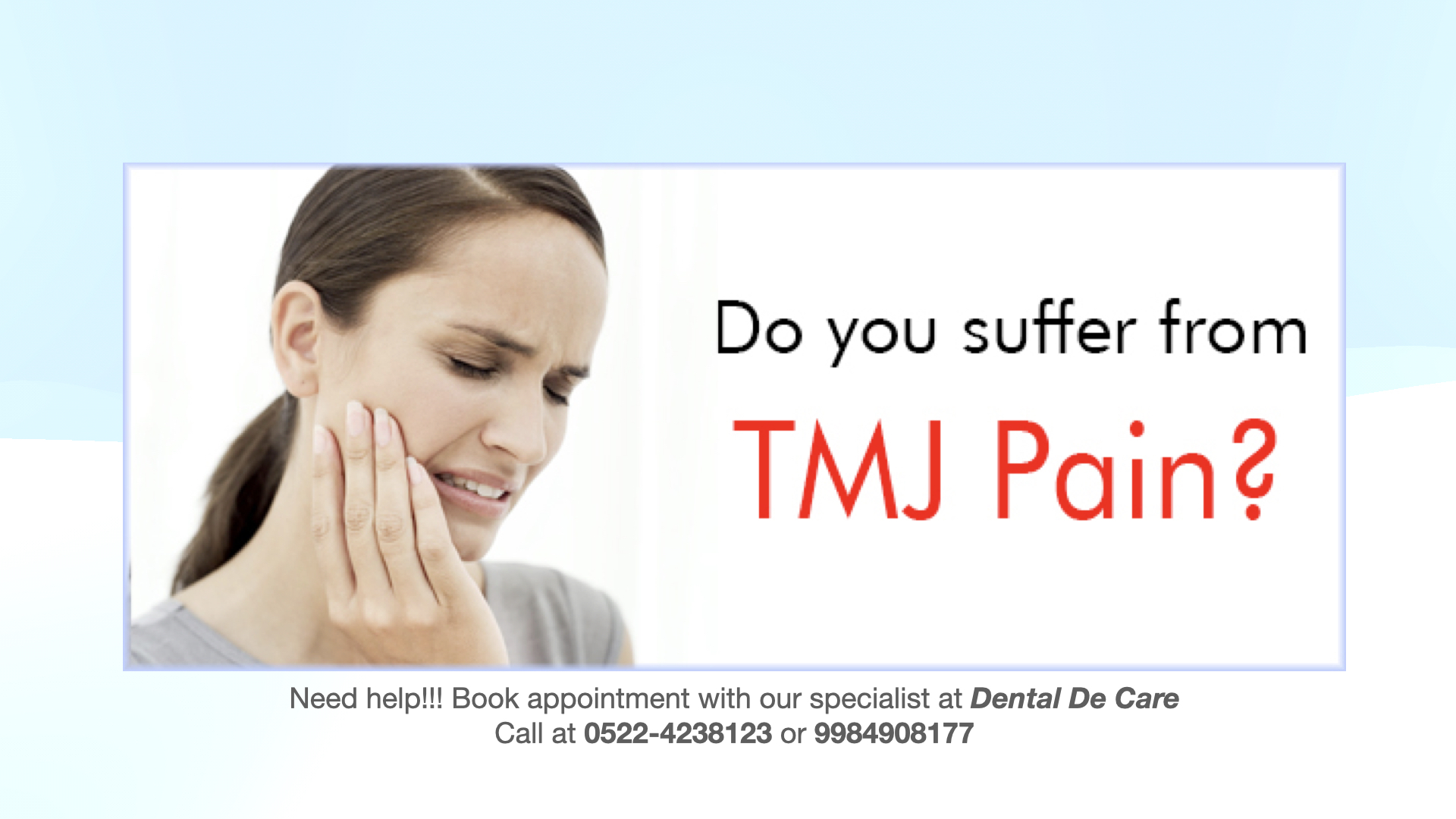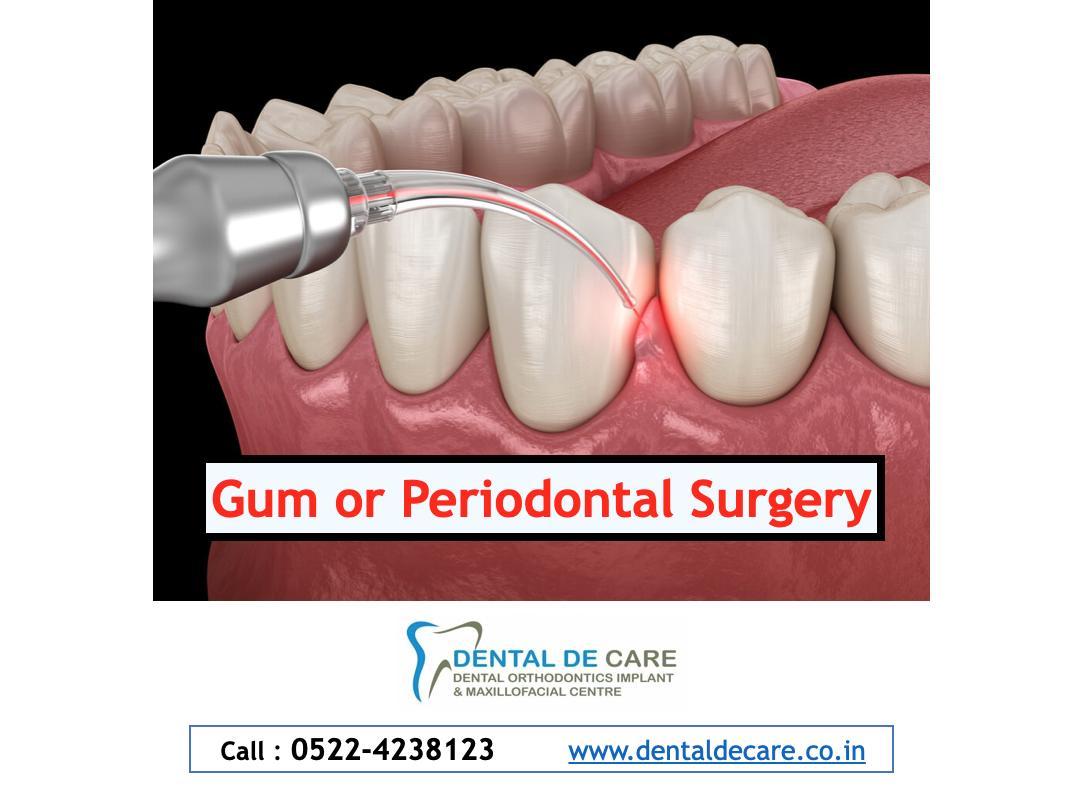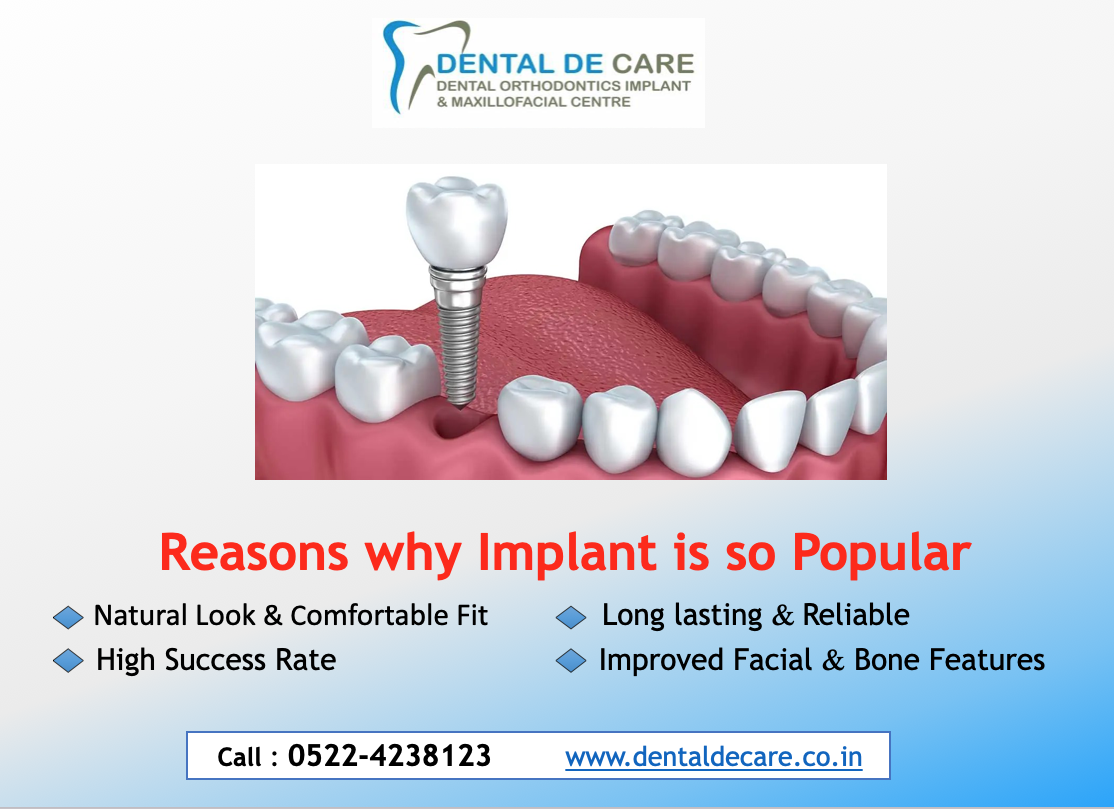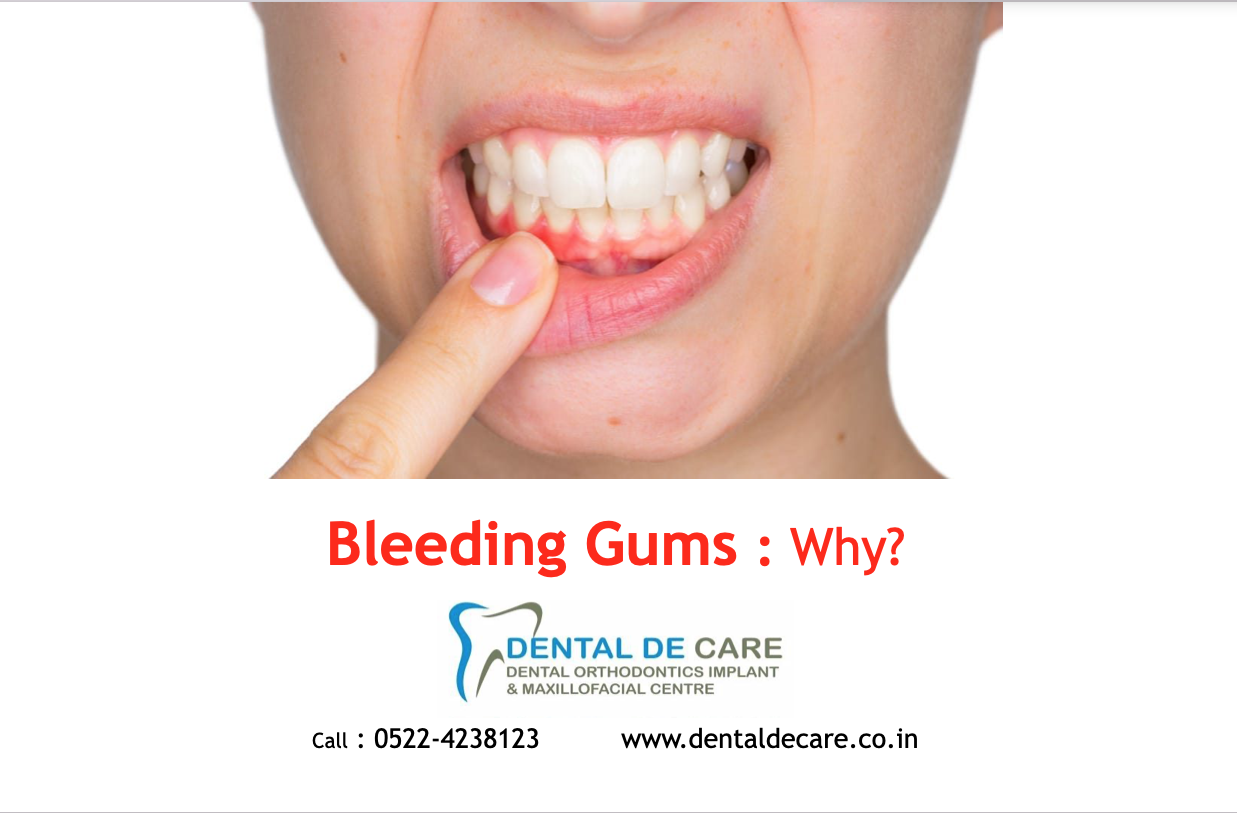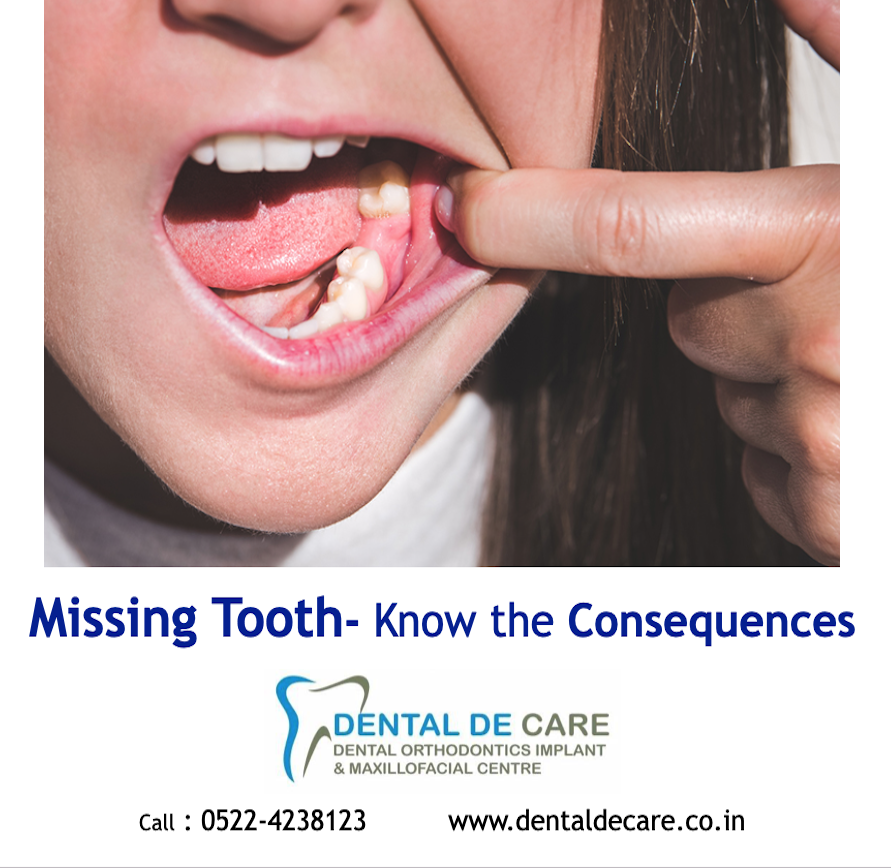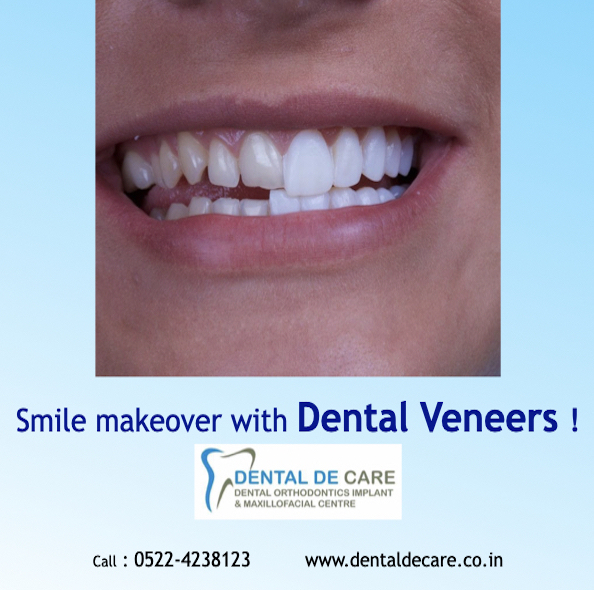Are you suffering from pain or tenderness in your face, jaw joint area, neck or shoulder, or having problems when you try to open mouth wide. Your jaws get stuck or lock while opening or closing mouth, clicking or popping sounds when you open your mouth? You may be suffering from Temporomandibular disorder (TMD). The most common cause of temporomandibular disorder are internal derangement, in which there is progressive slipping or displacement of articular disc between condyle (ball) and fossa (socket) of the joint. Normally this disc prevents the bones in the joint from rubbing together and allow the joint to move smoothly. When disc slips out of place, it prevents normal movement of condyle and causes dysfunction. When person with deranged joint try to continue function, internal derangement or disorder further get progressively worse with time. This derangement can be of two types- * First is internal derangement with reduction; where the disc slides into and out of its normal functional position as the jaw opens or closes, causing the popping sound characteristic of TMD. * Second type is internal derangement without reduction, where disc is permanently displaced or dislocated to an incorrect position, and the jaw's range of motion is limited. Causes * Injury to your jaw, joint or muscles of head and neck, like heavy blow or whiplash, can lead to TMD * Grinding or clenching of your teeth, which puts a lot of pressure on joint * Non aligned teeth or malocclusion * Arthritis in the joint * Stress, which can cause you to tighten facial and jaw muscles or clench the teeth. * Laxity of ligaments of joint Symptoms * Pain in jaw joints, especially associated with jaw movements. * Dull aching or burning pain may be felt in the surrounding muscles of the face. Pain sometimes may refer to surrounding areas such as pain throughout the head and in neck and shoulders. * Earache, tinnitus (ringing in the ear), or even the feeling of reduced hearing can also occur sometimes. * Loud or painful clicking or popping sound while opening or closing the jaw. * Limited range of jaw opening or locking of jaw while movement. Treatment In early stages, treatment may involve eating a soft diet and reducing strain on the jaw with the use of a splint or bite guard. Non-steroidal anti-inflammatory drugs or muscle relaxants may be prescribed. Physical therapy and stress management may also be helpful. More severe conditions that are unresponsive to conservative treatment may require surgical management like repair, reposition or sometimes replacing the disc and /or bony joint. For more details, Contact: Dr. Nimisha Singh Maxillofacial Surgeon Dental De Care, Lucknow Ph: 9984908177 Website- www.dentaldecare.co.in Email- dr.nimisha24@gmail.com
